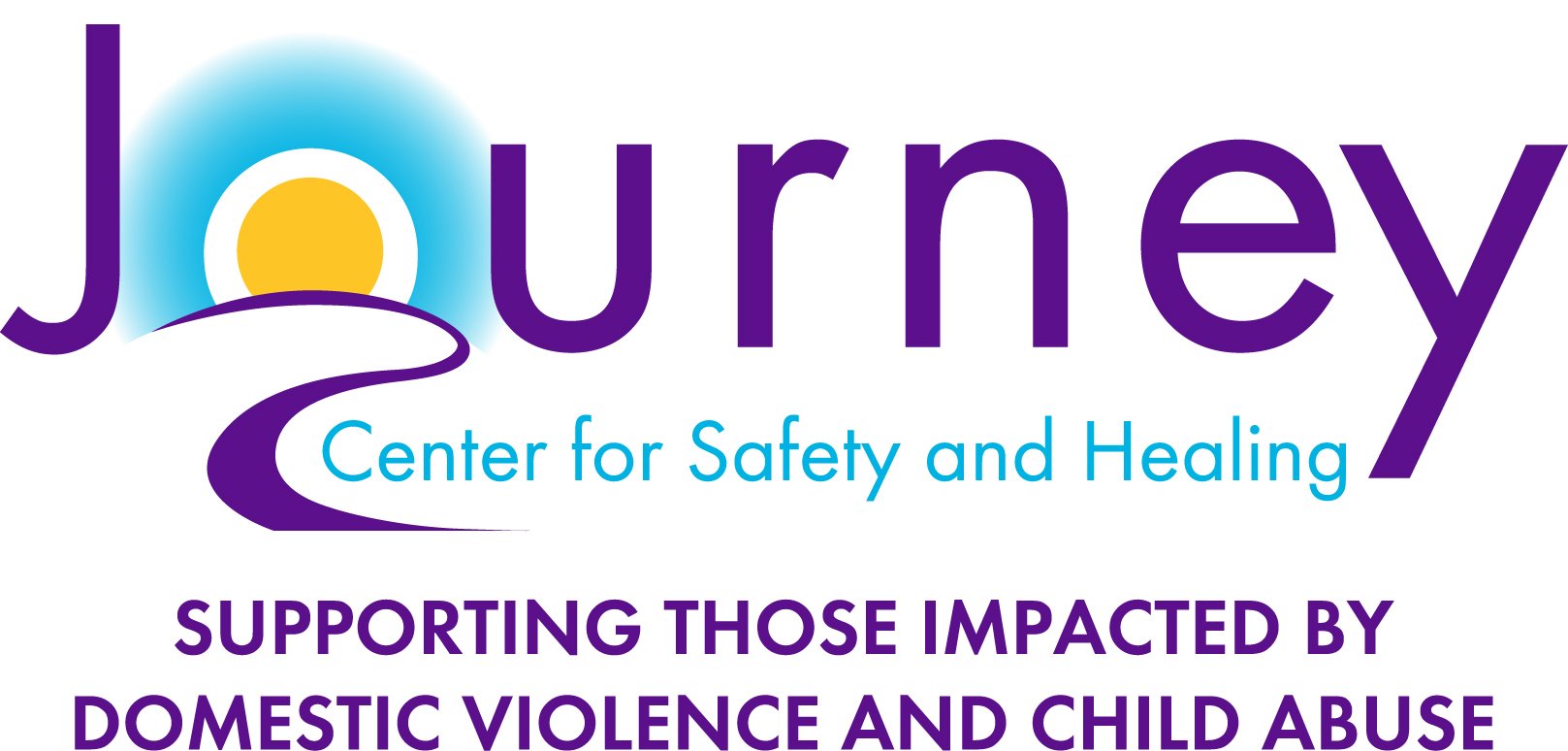Let's Talk: What Domestic Violence is NOT
When we talk about domestic violence, we often talk about what domestic violence is; today, we’re talking about what domestic violence is NOT and challenging myths that many of us have heard or may have believed at one point. Today, we’re doing just that.
We must remember that domestic violence is a choice. Outside circumstances (stress, alcohol, unemployment, drugs, etc.) do not trigger an abuser’s behavior or cause them to be violent. Domestic violence isn’t an anger management issue; it’s an intentional choice to use violence to gain and maintain power and control over their partner. Abuser's act deliberately; they choose who, and when, to abuse. It’s important to remember that anger is a feeling, violence is a behavior.
Mutual abuse does not exist. In an unhealthy or abusive relationship, there may be unhealthy behaviors from both/all partners in response to the abuse, but in an abusive relationship, one person tends to have more control than the other. If the survivor responds to the aggressor with an emotional reaction, it’s not mutual. To say partners are mutually abusive puts blame on the survivor and reinforces the belief that the abuse is the survivor’s fault.
Domestic violence is different than self-defense and situational violence because domestic violence is rooted in power and control. Victims of domestic violence sometimes have no other option but to defend themselves against an abuser intending to cause harm to them or their loved ones. Defending against domestic violence is not the same as perpetrating abuse.
Domestic violence is not always physical. Physical abuse is just one tactic an abuser uses. Domestic violence can be emotional/verbal, sexual, digital, and financial. Nonphysical violence, abuse and harassment can harm a person mentally, emotionally and psychologically. Emotional abuse can be devastating and have a long-lasting impact.
Domestic violence is not an addiction issue. While drugs and alcohol may increase the level violence or danger for a victim, they are not the cause of abuse. Abusing drugs doesn’t spur aggressors to physical or emotional violence, and being a victim of abuse doesn’t necessarily lead to overindulgence in dangerous substances. Drugs or alcohol may affect someone's behavior, but it is not a reason or an excuse for abuse.
Domestic violence is not a mental health issue. Mental illness tends to affect all areas of a person’s life, such as work or school, interactions with friends or family members and personal relationships. In contrast, abuse primarily affects personal relationships and typically not the other areas of life. An abuser may blame their mental health diagnosis for the abuse; however, many people with diagnosis' do not abuse their partners.
We can all do our part to push back against domestic violence myths to create a conversation in our communities about domestic violence and what behavior is not acceptable in any relationship. Educating ourselves and our loved ones is an easy, impactful way to create safe, heathy relationships for everyone.
Domestic violence IS:
A pattern of behaviors.
About one person having power and control over their partner.
A choice.
Not the fault of the person being abused.
A learned behavior.
Common. 1 in 4 women and 1 in 7 men will experience domestic violence.
It’s important that we remember these key points about domestic violence. We are always here for you when you need to talk.
Call or text our 24-Hour Helpline: 216.391.4357 (HELP) or live chat.
#DVAMcle #DVAM2023 #Every1KnowsSome1
